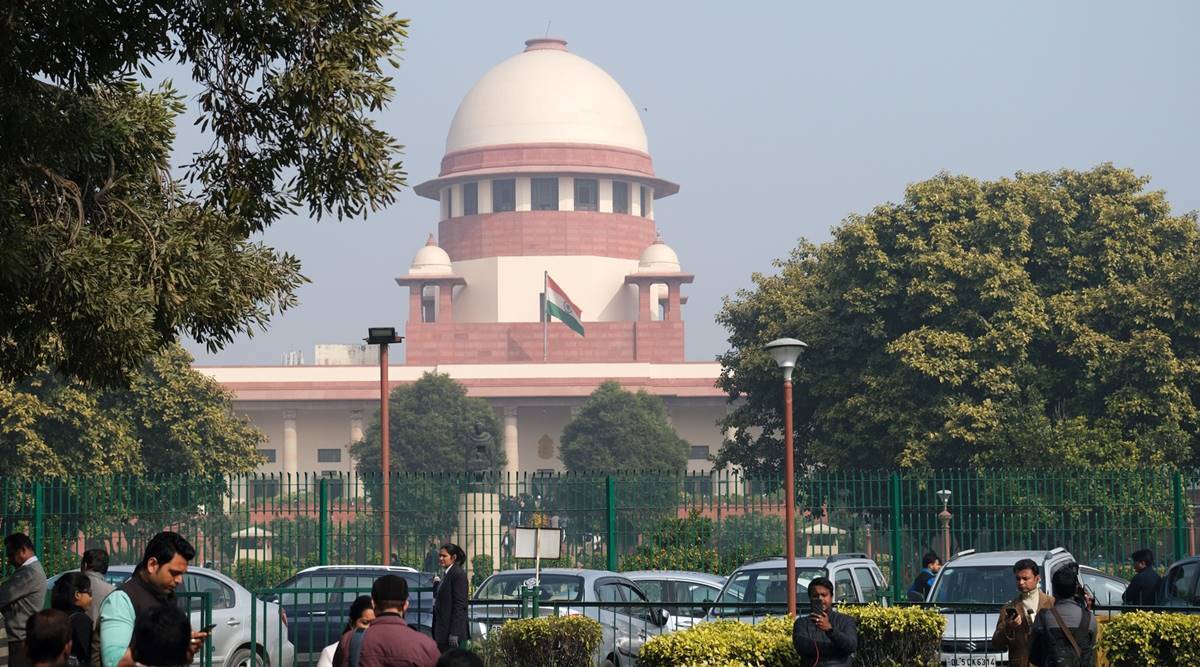 Supreme Court (File)
Supreme Court (File) Debate or discussion touching upon matters that fall in the domain of courts, such as evidence in a criminal case, on public platforms like television will amount to direct interference in the administration of criminal justice, the Supreme Court has ruled.
A bench of Justices U U Lalit and P V Narasimha said this while deciding appeals filed by four convicts who were held guilty of robbery (Section 394 IPC) and sentenced to life imprisonment by the Karnataka High Court.
The bench also acquitted the appellants, giving them the benefit of doubt.
The case involved the murder of a woman during the course of a robbery in Bengaluru in 1999. The bench noted that voluntary statements of the appellants were recorded by the police on a DVD formed the basis of the trial court judgment convicting them.
“The statement amounted to confession to a police officer which should instead have been recorded before a magistrate,” the court said, adding “the DVD statement should not have been relied upon by the court…What has further aggravated the situation is the fact that the said statements recorded by the investigating agency were played and published on a programme named ‘Putta Mutta’ by Udaya TV”.
Deprecating this, the SC said: “Allowing the DVD to go into the hands of a private TV channel is nothing but dereliction of dut…evidence must be dealt with by a court… Any such debate or discussion touching upon matters which are in the domain of courts will amount to direct interference in the administration of criminal justice.”
- The Indian Express website has been rated GREEN for its credibility and trustworthiness by Newsguard, a global service that rates news sources for their journalistic standards.

